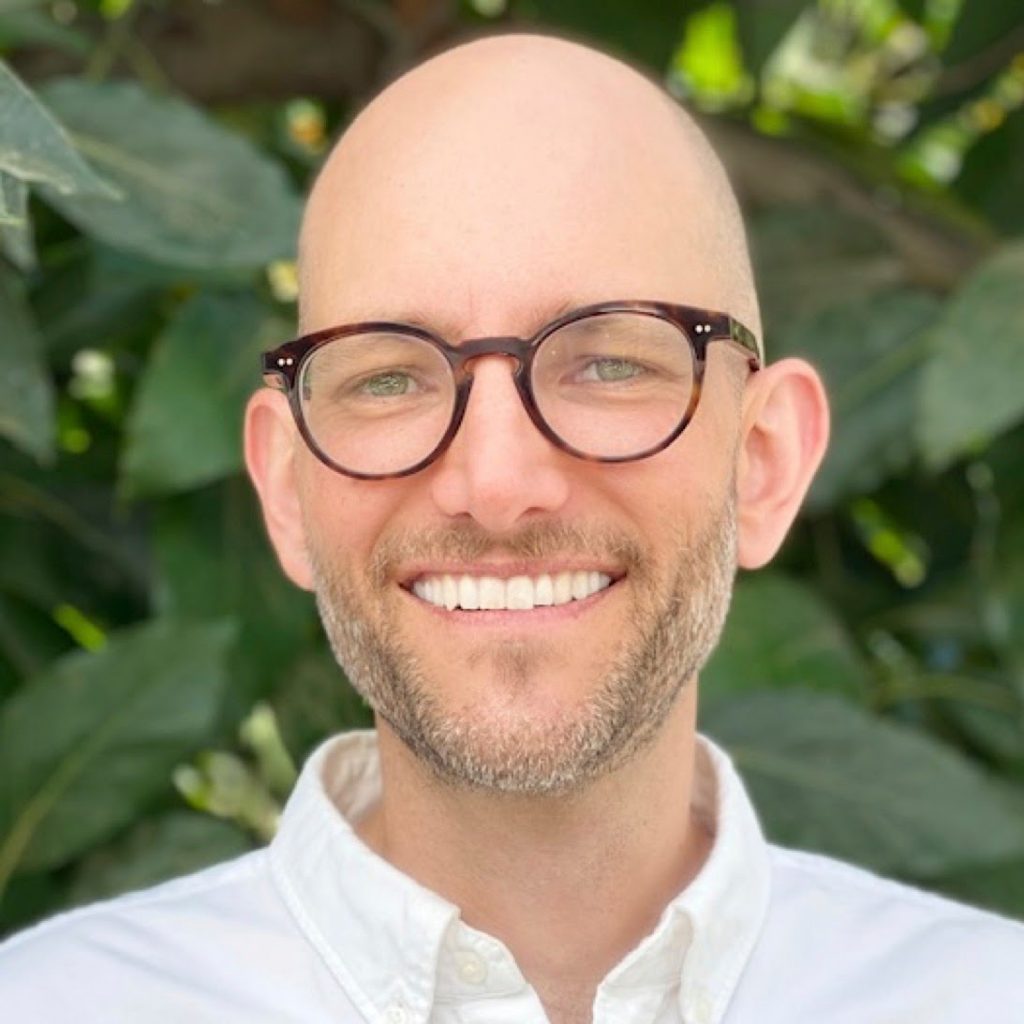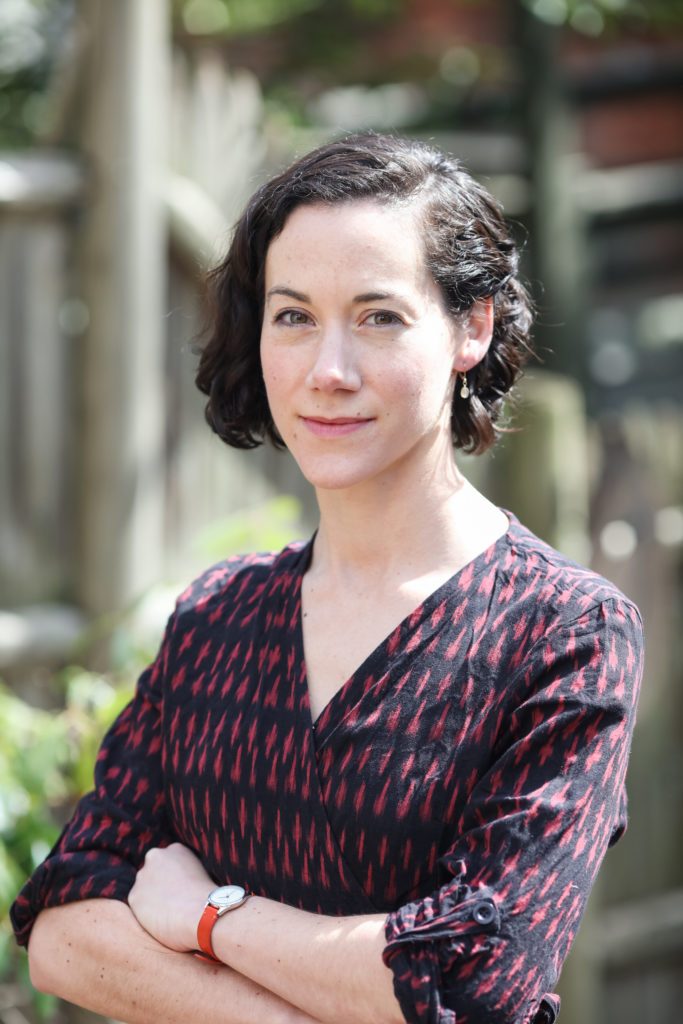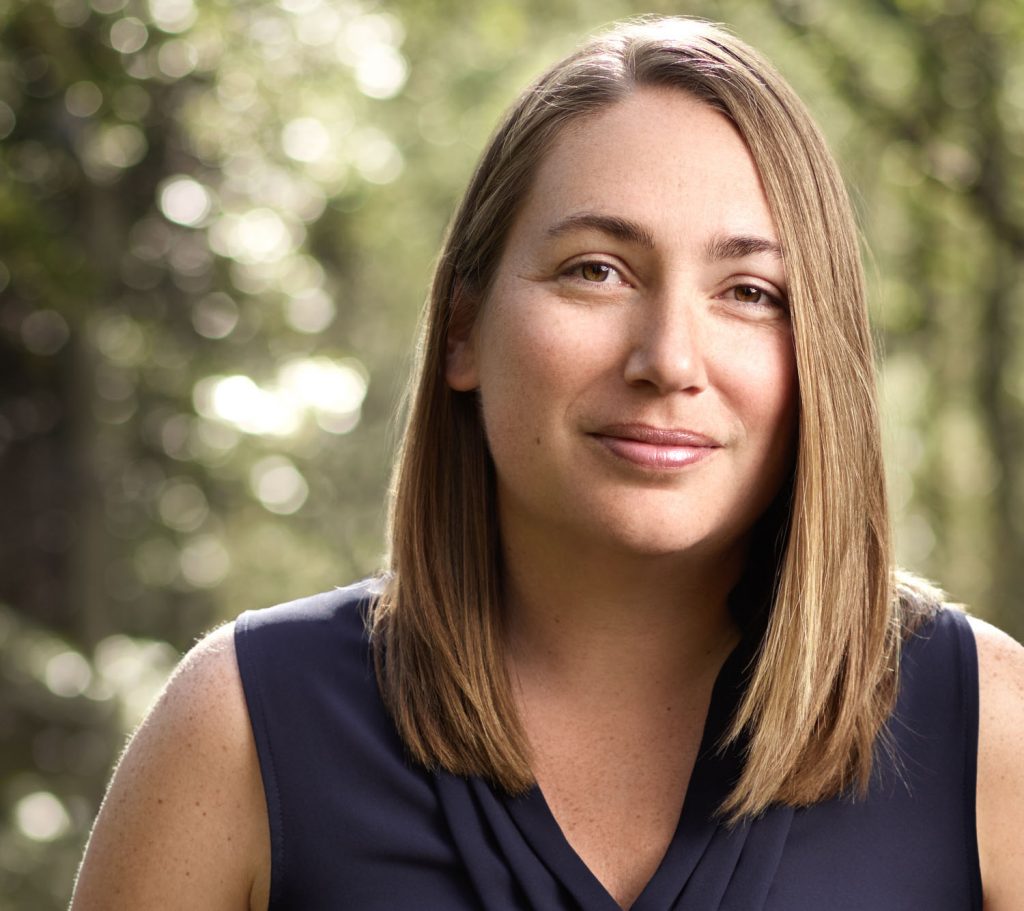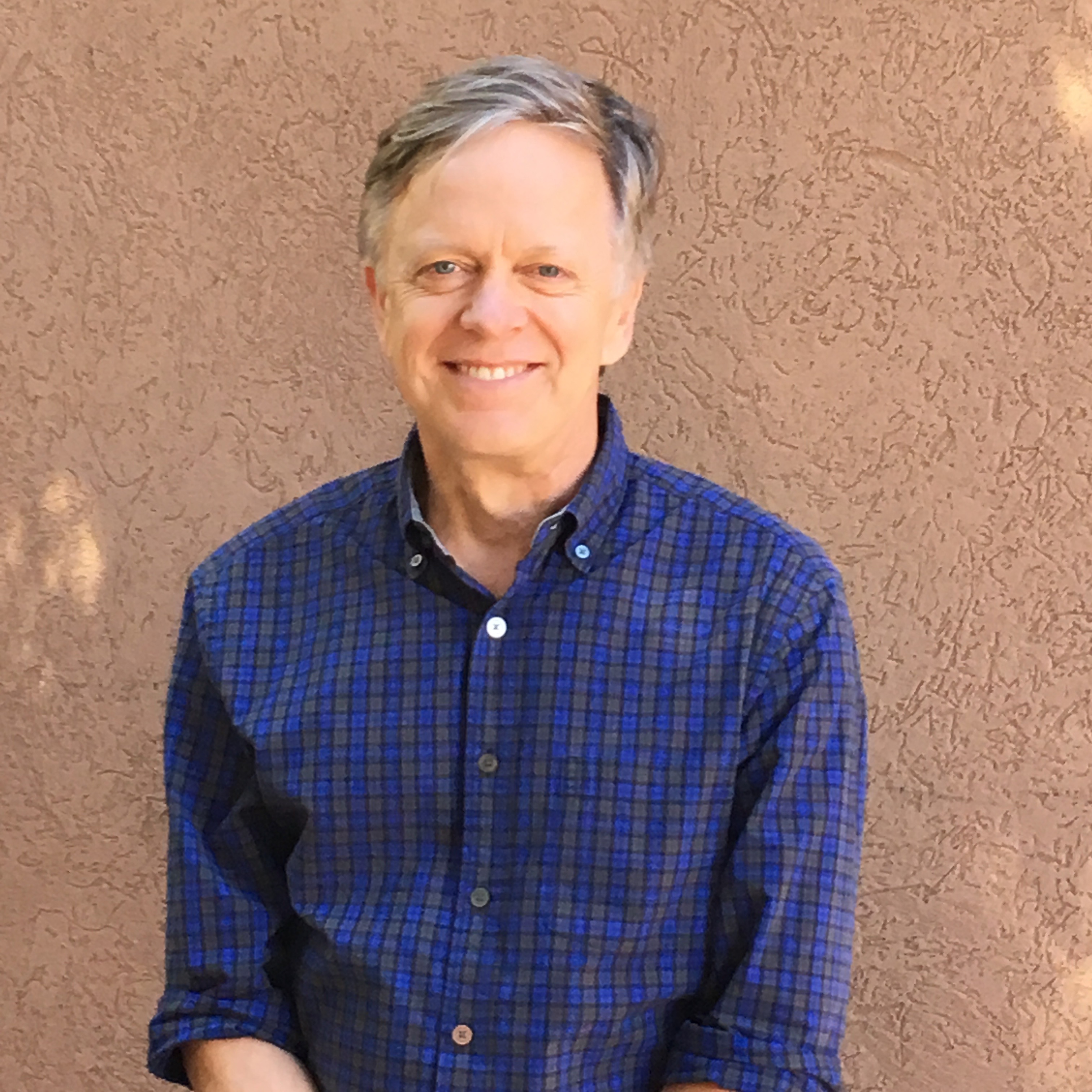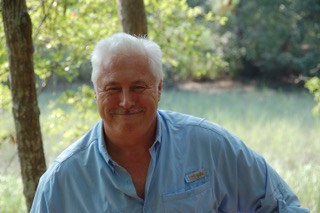View on Zencastr
This originally aired on December 10, 2021 as Episode 291.
Become a Patron!What’s not to love about Mirin Fader (@mirinfader)?
She’s an incredible writer and reporter. She’s a senior staff writer for The Ringer. On top of that, she’s generous and insightful, and she brought all of that and more to this episode of the podcast.
We talk about her feature on Tyler Skaggs, a notable selection for Year’s Best Sports Writing.
We also dig into her biography Giannis: The Improbable Rise of an MVP.
We talk about failure and persistence and writing and ledes. This is a dream conversation if you’re into the nuts and bolts of writing and reporting long features and books.
Her feature on the late Gigi Bryant also was a notable selection for YBSW, so that’s yet another feather in Mirin’s hat.
The show’s Instagram and Threads handle is @creativenonfictionpodcast.
And you know I’d rather you sign up for my Up-to-11 Newsletter. Signup form is below you and to your right. Book recs, book raffles, cool stuff curated by me for you, fun and entertaining. First of the month. No spam. Can’t beat it.
Consider supporting the show via Patreon patreon.com/cnfpod. Shop around if you want to support the community. The show is free but it ain’t cheap.
Free ways to support the show?
Subscribe and download and share across your socials. And don’t forget to consider leaving a kind review on Apple Podcasts. Those go a LONG way.
